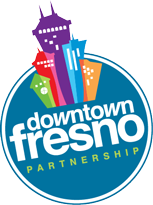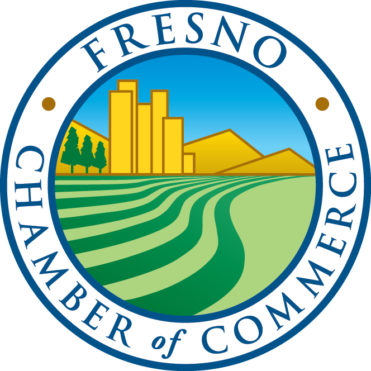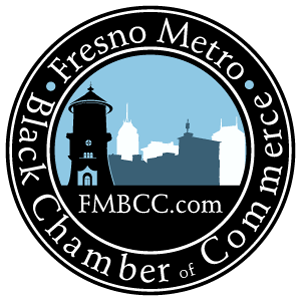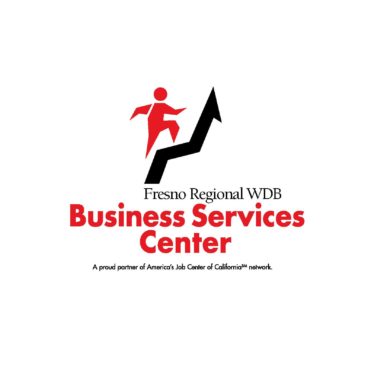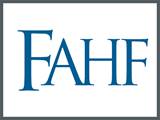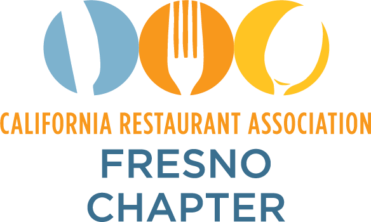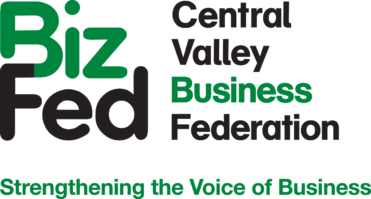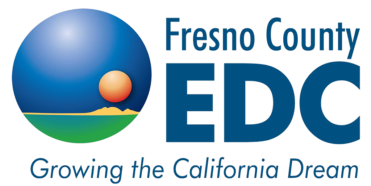Accessible Fresno Small Business Initiative
Accessible Fresno Small Business Initiative
Are you protected from an Access Lawsuit?
Accessible Fresno Small Business Initiative is a proactive program to help businesses like yours better understand construction-related accessibility compliance. The resources below are intended to provide information and resources and do not constitute legal advice. (NOTE: The City has closed and is no longer taking applications for the Access Inspection Program)
Five Steps for Business Accessibility
1. Get a Certified Access Specialist (CASp) Inspection
A Certified Access Specialist (CASp):
- Is a professional who has passed an examination and has been certified by the State of California to have specialized knowledge of state and federal construction-related accessibility standards.
- Can inspect a business site for compliance issues, provide inspection report, and issue Disability Access Inspection Certificate.
- “Meets Applicable Standards” (No corrections)
OR - “Inspected by a CASp” (corrections need to be made)
- “Meets Applicable Standards” (No corrections)
A CASp inspection provides legal benefits that may reduce a business’ financial liability in a lawsuit filed in State court.
Average cost for a small business CASp inspection is less than $2,000. Expense is eligible for IRS credits/deductions and some loan types.
2. Include Accessibility in the Business Plan
Use the CASp inspection report to establish a reasonable compliance schedule – write schedule into the business plan.
Determine how much will be spent on compliance each year and incorporate that budget into the business plan; include savings plan for larger accessibility improvements.
Work on access improvements from the outside in. Top access violations relate to parking lots, pathways, and entryways.
Plan to use IRS credits/deductions for access improvements. It may be helpful to phase large projects into two-years so that the credits and deductions can be maximized.
3. Check Lease Agreements
Landlord is not required to have conducted a CASp inspection, however they must state on lease/rental agreement whether or not the property has been inspected by a CASp.
- If CASp has been performed, report must be provided to tenant prior to execution of agreement for the leased space and for the common areas.
Property owner may not prohibit a CASp inspection of the premises.
Lease agreement should state clearly the property owner’s and tenant’s responsibility for correcting accessibility violations and cost of making repairs.
Conduct a public records search to determine if the leased property is a subject of current or past access-related litigation.
4. Create an Accessibility Maintenance Program and File
Create a maintenance schedule for checking accessibility – examples include clear pathways, door pressure, and other quick fixes.
Train staff on disability etiquette, customer service, service animals, and accessibility.
Document all efforts with dates, photos, and receipts. This is the legal defense and IRS credits/deductions backup information.
5. Utilize Tax Benefits and Financial Resources
Track all accessibility costs for tax credits and deductions annually.
Use the Disabled Access Credit and Architectural Barrier Removal Tax Deduction.
CalCAP/ADA Financing Program available for accessibility improvement.
Five Steps for Businesses Accessibility (PDF)
ADA and Businesses
The Americans with Disabilities Act (ADA) is a federal civil rights law that prohibits discrimination of individuals with disabilities and requires facilities to be accessible.
Your business may be sued under the ADA, CA Disabled Persons Act, or Unruh Civil Rights Act.
Lawsuit-related costs are typically over $15,000 – much more than construction costs to make your business accessible.
Having a CASp inspection and working on compliance shows your commitment to access AND provides legal benefits!
CASp Benefits
Each step in improving access to your business potentially reduces your risk of an expensive lawsuit settlement.
Many accessibility issues are simple to fix if you know what to do. A Certified Access Specialist (CASp) can:
- Inspect your business for construction-related accessibility issues
- Provide an inspection report and Disability Access Inspection Certificate
- Help you determine how to make a reasonable compliance schedule
To learn more about the CASp program and benefits, visit the Division of the State Architect and the California Commission on Disability Access.
Business Partners and Workshops
The City of Fresno partners with a variety of business partners to provide educational workshops and discussions forums for the business community. Business Partners:
To request training opportunities for your business or organization, contact Joe Hinojosa at (559) 621-8716 or [email protected]
Financial Assistance
Disabled Access Credit
The Disabled Access Credit provides a non-refundable credit for small businesses that incur expenditures for the purpose of providing access to persons with disabilities. An eligible small business is one that earned $1 million or less or had no more than 30 full-time employees in the previous year. Businesses may take the credit each year they incur access expenditures, up to $10,000 each year.
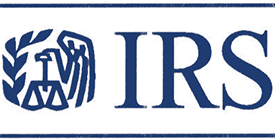
Architectural Barrier Removal Tax Deduction
The Architectural Barrier Removal Tax Deduction encourages businesses of any size to remove architectural and transportation barriers to the mobility of persons with disabilities and the elderly. Businesses may claim a deduction of up to $15,000 a year for qualified expenses. Businesses may use the Disabled Tax Credit and the architectural/transportation tax deduction together in the same tax year if the expenses meet the requirements of both sections.

CalCAP/ADA
The California Capital Access Program (CalCAP) Americans with Disabilities Act (CalCAP/ADA) Financing Program assists small businesses with financing the costs to alter or retrofit existing small business facilities to comply with the requirements of the federal Americans with Disabilities Act (ADA) of 1990. Loans may be used for physically altering or retrofitting existing small business facilities of less than 10,000 square feet, if the costs are necessary and allocable for compliance with the ADA.
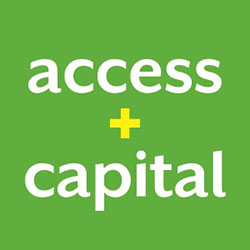
Access + Capital
Access Plus Capital (formerly Fresno CDFI) participates in the CalCAP/ADA financing program. Access Plus Capital provides financing, training, and asset development services for low- and moderate-income entrepreneurs.

Opportunity Fund
Opportunity Fund is a non-profit microfinance organization that helps small business owners gain access to responsible and transparent capital by providing easy-to-get, fast, and affordable loans. Opportunity Fund is non-FICO based and lends from $2,600 to $250,000.
This is solely informative and should not be treated as legal advice or as an endorsement of any of the listed service providers.

